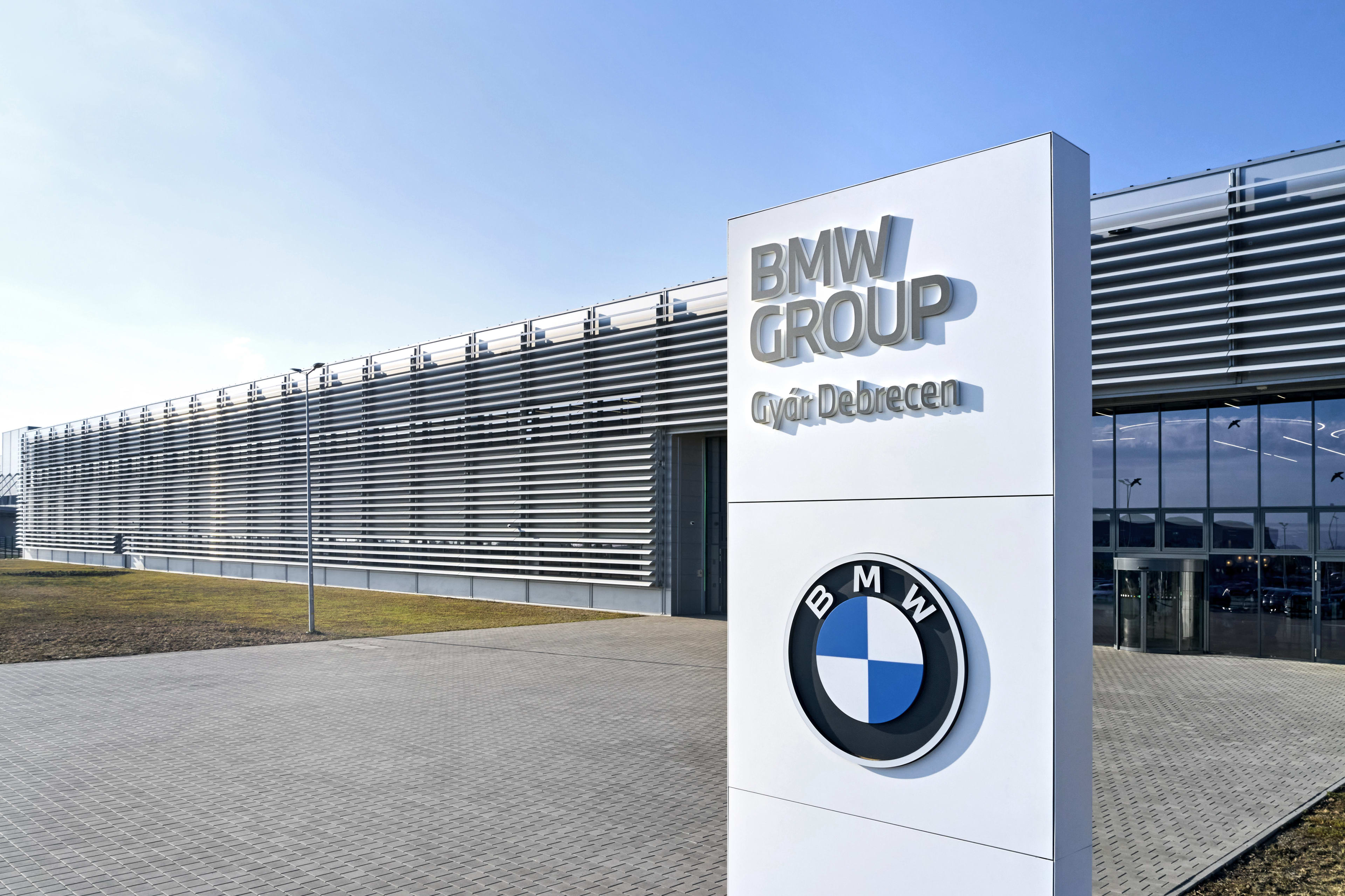30 December 2025

Unlock Infinite Advantages: Subscribe to Annual Membership
Image Credits: Autoblog
BMW has inaugurated what it calls its most advanced AI-powered factory in Debrecen, Hungary a facility that signals both a technological and environmental inflection for the luxury automaker. Heralded as BMW�s first production site operating entirely without fossil fuels, this plant also introduces generation-six high-voltage EV battery production and will begin building the all-electric BMW iX3 under the Neue Klasse banner. Features like the in-house AIQX quality platform, vast camera-sensor networks, autonomous tugger trains, and digital twins help enable real-time quality checks, streamlined logistics, and energy efficiency.
From the outset, the Debrecen plant embodies lean and sustainable manufacturing. Its press, body, and paint shops are digitally simulated and optimised; the factory�s finger-structure layout ensures 80% of parts arrive precisely where they are needed. The site will employ nearly 2,000 staff and close to 1,000 robots, while drawing much of its power from on-site solar and renewable sources. Additional features such as large thermal storage capacity, modular battery manufacturing, and smart internal transport systems contribute to major reductions in CO₂ emissions. BMW claims an approximate two-thirds drop in CO₂e compared to older models, with total per-vehicle emissions reduced by about 90%.
But the significance of Debrecen stretches beyond emissions. BMW�s Neue Klasse design philosophy underpins simpler modular assembly, fewer wiring harnesses, and reduced complexity, substantial changes that improve efficiency, lower production risk, and support scalability. Vehicles themselves will become active components of the smart factory ecosystem, capable of self-diagnosis and flagging manufacturing anomalies. Senior leadership describes this plant as the blueprint for future BMW sites, beginning with the integration of its AI quality and sustainability innovations into dozens of future models by 2027.
In essence, Debrecen is more than a new plant it is a manifesto. A statement that automakers can be both smart and sustainable, that digital transformation and ecological responsibility are no longer optional, and that the future of premium electric mobility is being built from the ground up with intelligence, transparency, and green ambition.
30 December 2025
27 October 2025
24 October 2025
23 October 2025
We offer automotive expertise for market projections and customizable research, adaptable to diverse strategic approaches.
Contact Us